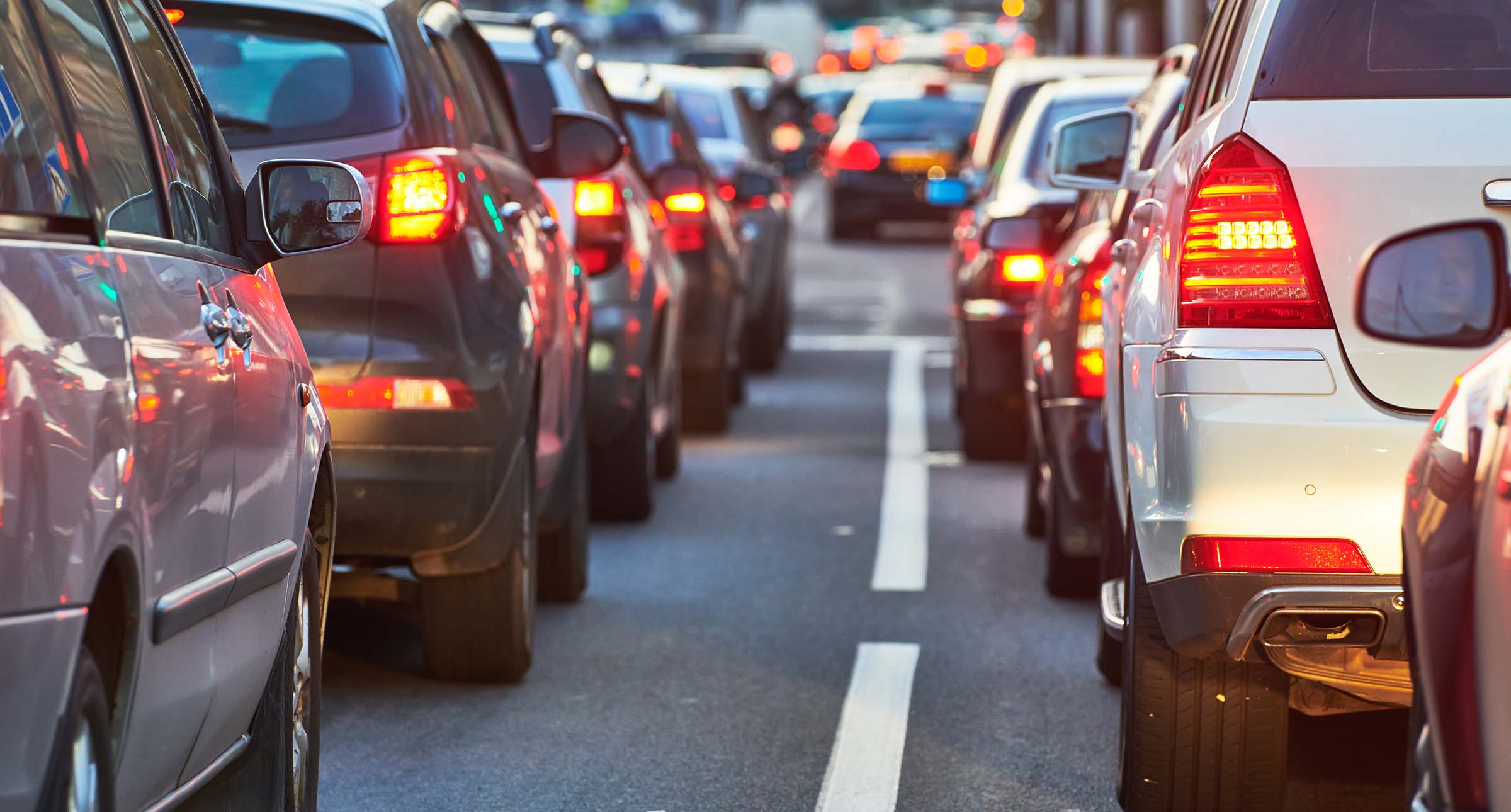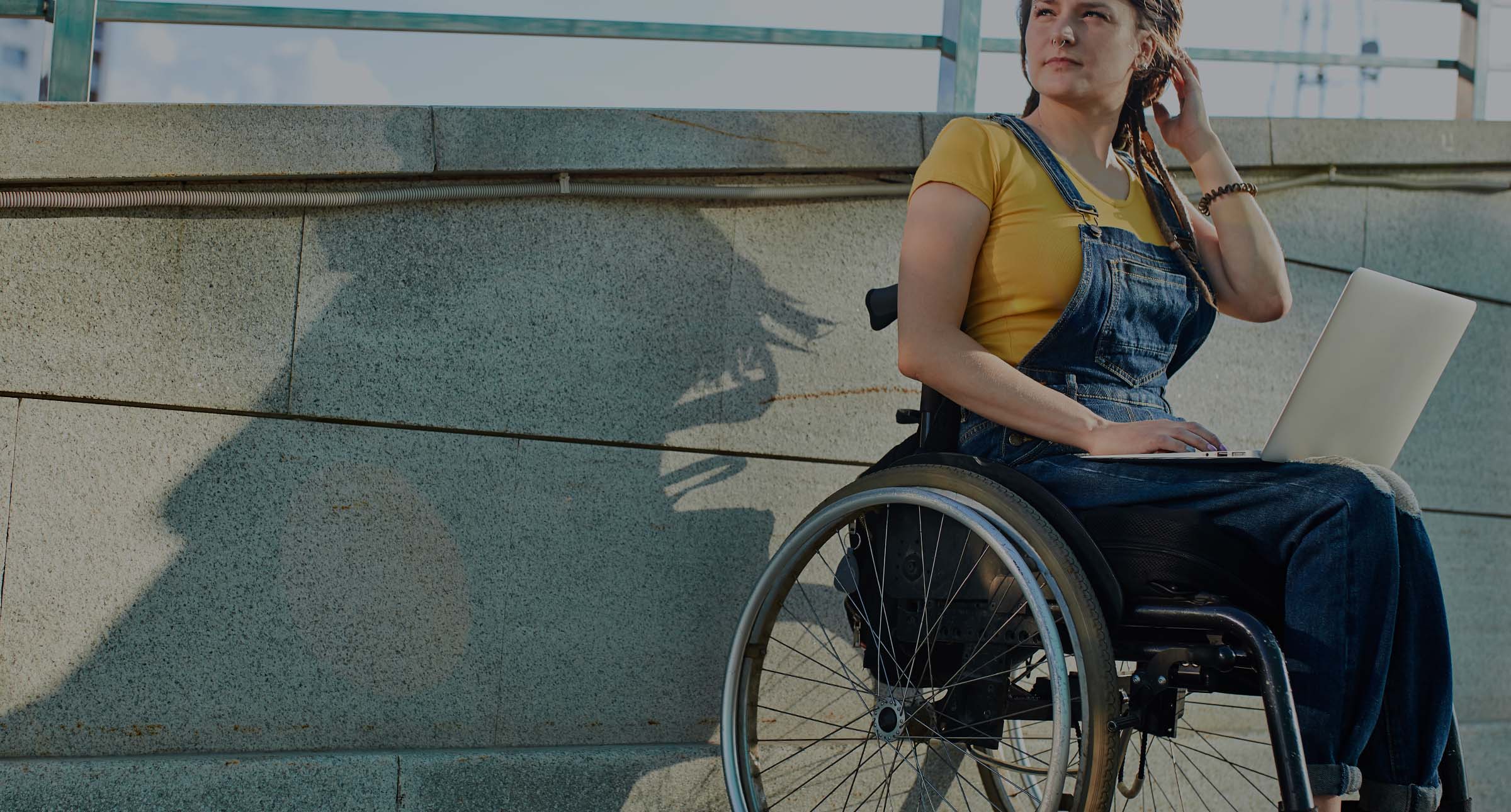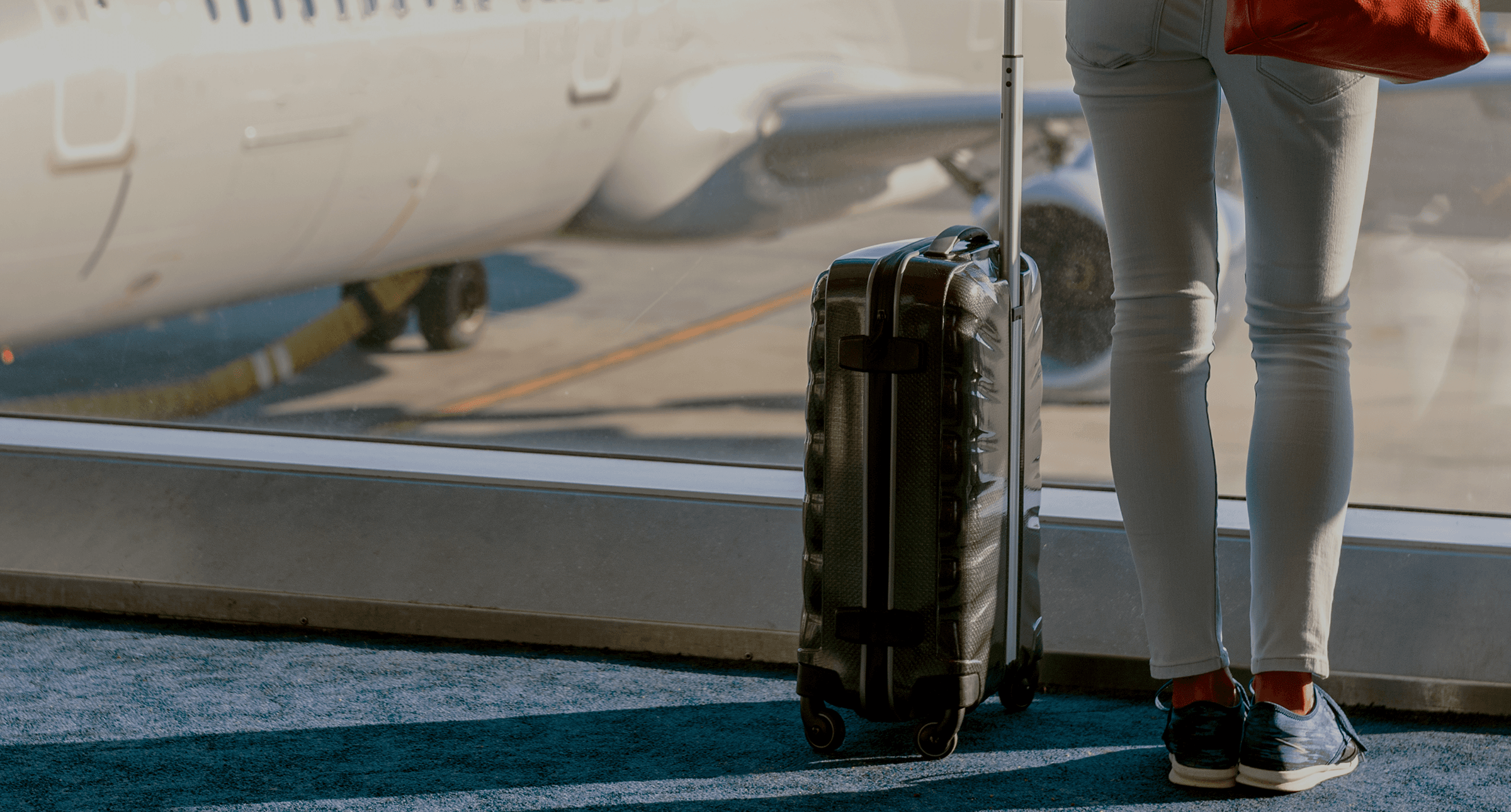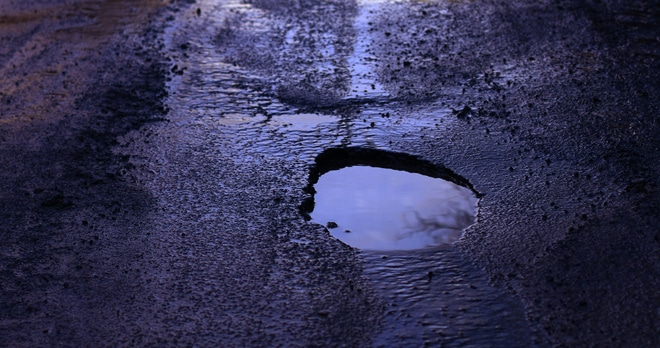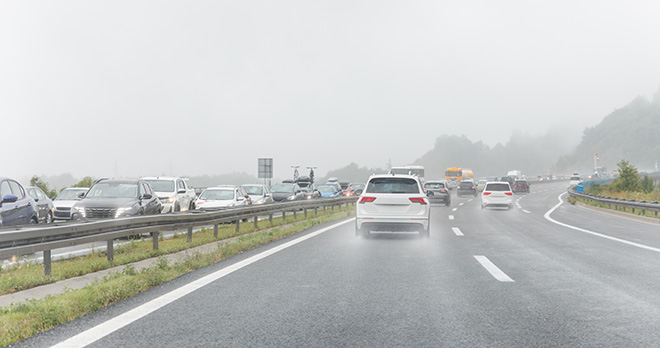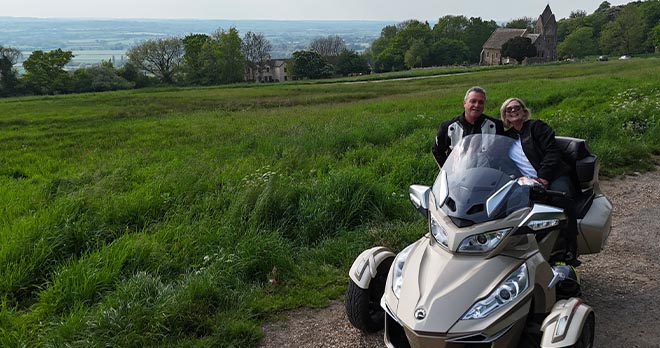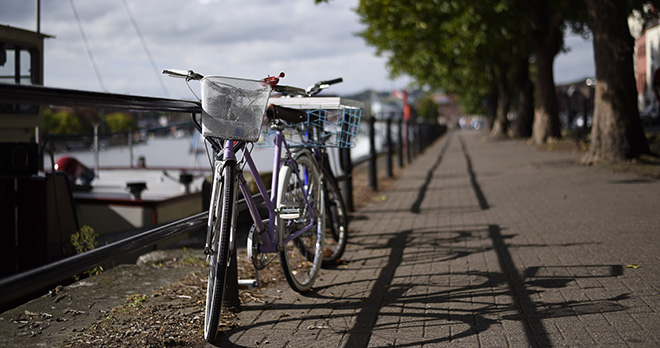Claiming compensation after a road traffic accident: what you need to know.
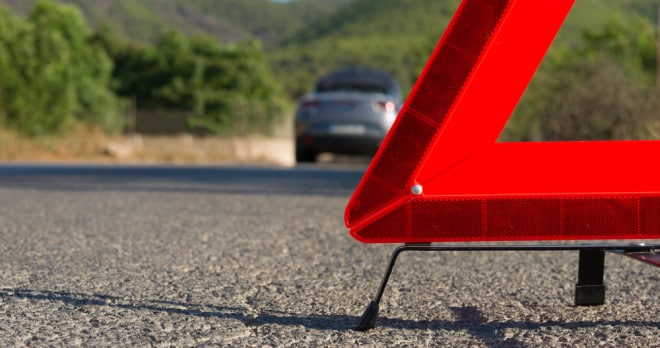
Here we explain the essential information you might need to know if you're considering a claim after a road traffic accident.
Who pays compensation after a car accident?
In the majority of cases, compensation following a road traffic accident is paid by the motor insurer of the at fault driver. In some cases e.g. where the at fault driver was uninsured or is untraced, the Motor Insurer’s Bureau (MIB) will step in to compensate the injured party.
-
Motor insurers
Motor insurance is compulsory in the UK. Whilst it is not compulsory to hold a comprehensive policy of insurance (covering all losses arising from an accident, to all parties involved), since 1930, under the Road Traffic Act, motorists have been required to have third party insurance for injury and damage, as the minimal level of insurance. This means that all motorists who have even the most basic level of insurance, will be insured for injury and losses caused to others as a result of their at-fault driving. Driving an uninsured vehicle or allowing a person to drive an uninsured vehicle are criminal offences.
More often than not, compensation for road traffic collisions is paid by the relevant motor insurer because the vast majority of motorists have the requisite insurance.
In certain circumstances, it can become very technical to identify who the relevant insurer is. Specialist personal injury solicitors will work with you to establish who should meet your claim following an accident on the road.
Where there is no insurer, either because there is no insurance or because the motorist responsible for the collision is never identified, the Motor Insurers’ Bureau (MIB) will pay the compensation.
-
Motor Insurers’ Bureau (MIB)
Unfortunately, there are uninsured motorists on our roads. Sometimes, road traffic collisions are also caused by ‘hit and run’ (untraced) drivers.
If a motorist responsible for a road traffic collision is not identified or uninsured, there is obviously no motor insurer to pay compensation.
In that situation, the injured person or the family of the deceased will need to contact the Motor Insurers’ Bureau (MIB).
The MIB is there to compensate those people injured by uninsured and untraced drivers. This includes the families (and dependants) of loved ones who are fatally injured as a result of the negligence of uninsured or untraced motorists.
The MIB receives a contribution from each insurance premium paid by motorists each time they take out a policy of motor insurance. This provides the pot from which they can meet claims for compensation.
How long does it take to get compensation for a car accident?
It depends on a number of factors. Cases where liability is disputed generally take longer to resolve than those where liability is admitted at an early stage.
Liability is usually admitted early in cases where it is obvious who is wholly responsible for causing the road traffic collision. Sometimes the circumstances of the accident can be more complicated or the injured person might have been partially responsible for the collision (this is known as contributory negligence and you can read more about it here).
Those cases where injuries and / or financial losses are relatively straightforward are generally settled more quickly that those cases where there are complicated injuries and / or financial losses.
It normally takes longer for seriously injured people to settle their cases because they will often take more time having treatment, working out the impact on their life and future financial losses, and exploring their medical prognosis.
When someone is fatally injured, and the deceased has a large family or lots of people depending on them (either financially or for care and services) and / or a complicated financial situation such as their own business, it can often be more complicated to quantify the claim and may require expert reports such as from a forensic accountant. This leads to more work and therefore more time investigating the full value of the case.
Are there any time limits?
The limitation period for bringing a personal injury claim depends on various factors. More often than not, a good starting point is that the limitation period is three years from the date of the accident. There are exceptions though.
Even in fatal claims, there is not a fixed rule that applies to all cases. In fatal road traffic accident cases, the limitation date is often three years from the date of death.
The relevant date needs to be considered carefully on the facts of each case.
If a claim is not settled by the limitation date, then court proceedings must be issued before the end of the limitation period.
Your solicitors should keep you fully apprised of any likely delays to settlement and will ensure that interim payments are requested, where appropriate, to ensure that you are not kept out of your compensation for any longer than is strictly necessary.
Can you claim for trauma from a car accident?
Injury claims
People are generally compensated for the trauma of a road traffic accident providing it is a foreseeable element of the injuries they suffered in the course of the accident.
Three key elements to assessing the value of a personal injury claim are:
- Pain, suffering and loss of amenity (PSLA).
- Past financial losses.
- Future financial losses.
It is the award for PSLA that includes compensation for the injuries suffered.
Primary and secondary victim claims
If another person was with the injured or fatally injured person at the time of the collision e.g. passengers in the same car, they may have their own claims for physical and / or psychological injuries because they are themselves primary victims i.e. they are directly involved as a participant in the collision.
There is a possibility that those who are ‘rescuers’ i.e. who go to the aid of the injured or deceased person, may also have claims as primary victims too, particularly if they put themselves in danger (perceived or actual danger) and suffer injury as a result.
If those with a close tie of love and affection to the injured or deceased are nearby and witness their loved one being injured/killed, they may well have a secondary victim claim in their own right if their psychiatric illness was a reasonably foreseeable consequence of the negligence of the person responsible for the fatal collision.
There is a particular list of requirements to be satisfied for a secondary victim claim to succeed (to avoid the floodgates opening for claims from mere bystanders who did not know the deceased). E.g. a parent who saw their child be struck by a vehicle.
Fatal accident claims
Claims under the Law Reform (Miscellaneous Provisions) Act 1934 are brought on behalf of the deceased’s estate for damages the deceased would have claimed themselves had they not been killed i.e. for pre-death losses such as: pain, suffering and loss of amenity, care provided to the deceased prior to their death, past loss of earnings, medical expenses, equipment costs. This aspect of the claim is usually the smaller part, especially where the death was instantaneous or closely followed the road traffic collision.
Claims under the Act must be brought by administrators where the deceased died intestate or the executors where the deceased had made a Will.
Funeral expenses can be included in the claim under either the Law Reform Act or the Fatal Accidents Act 1934, depending on whether the expenses were covered by the deceased’s estate or by their close family members.
Can you claim if someone dies in a car accident?
Should a loved one be killed in a road traffic accident that was not their fault, you may be able to bring a claim for compensation. The claims exist on behalf of the deceased’s estate for damages the deceased would have claimed themselves had they not been killed and on behalf of those people who were dependant (or had a reasonable expectation of future dependency) on the deceased.
Does car insurance pay out for death?
Where an insured driver has caused an accident resulting in someone’s injury or death, their insurer will usually pay compensation to the injured person or to the loved ones of a fatally injured person. Should the driver be uninsured or untraceable, for example in a hit-and-run incident, the Motor Insurers’ Bureau will normally pay compensation.
You may receive monetary offers or forms to sign by an insurer at a very early stage, even before you have instructed a solicitor. If that were to happen, it is advisable to take independent legal advice before you sign anything. Brake, the road safety charity, strongly reiterate caution against accepting any financial offers and warn against signing any forms unless you have discussed this with a specialist solicitor.
If you have already begun the process of making a claim with your insurer’s solicitors, or are unhappy with your current solicitors, it is important to know that you can change legal representation if you wish.
Can I claim compensation without a solicitor?
Possibly. We recommend instructing an expert solicitor to avoid the many potential pitfalls and to achieve a just outcome.
When might the police be involved in a road traffic accident?
The police’s role is to investigate whether a criminal offence has been committed and to refer the matter to the Crown Prosecution Service for a prosecuting decision. This can take a long time, depending on what happened. If no arrests are made at the scene of the collision, this does not mean that criminal charges won’t be brought at a later date.
There are strict criteria for when the police can refer cases to the CPS and a matter will only be referred where the police believe that these criteria have been met.
The most significant consideration will be whether the evidence gathered by the police meets the necessary ‘standard of proof’ for the CPS to proceed with a prosecution.
The required ‘standard of proof’ is higher for criminal cases than it is for civil cases. In criminal cases, it must be proved that the defendant is guilty of the charges brought against them ‘beyond reasonable doubt’. In civil cases, the case against the defendant must be proved ‘on the balance of probabilities’.
The differing standards of proof mean that some cases do not result in successful criminal prosecutions but do still result in successful civil claims for compensation.
Invaluable support will also be provided by the police Family Liaison Officer (FLO) assigned shortly after the fatal road traffic collision.
How will the investigation proceed?
If the ‘at scene’ investigation suggests that a crime may have been committed, the police are likely to undertake further investigations to determine whether there is sufficient evidence to proceed with criminal charges.
These investigations may include interviewing drivers and witnesses, carrying out forensic examination of any vehicles involved in the collision, liaising with treatment providers for copies of your loved one’s treatment records, obtaining information from the local authority and keeping abreast of the coroner’s investigation.
The police may also seek advice from the CPS as to what further evidence they may need before a prosecution can be considered.
There is no set timeframe for the police to conclude their investigations. The complexity of the case and the evidence which needs to be examined will inevitably have a bearing on this.
If you or someone close to you has been injured in a road traffic accident, we can help you determine whether you have a claim.
Call now
